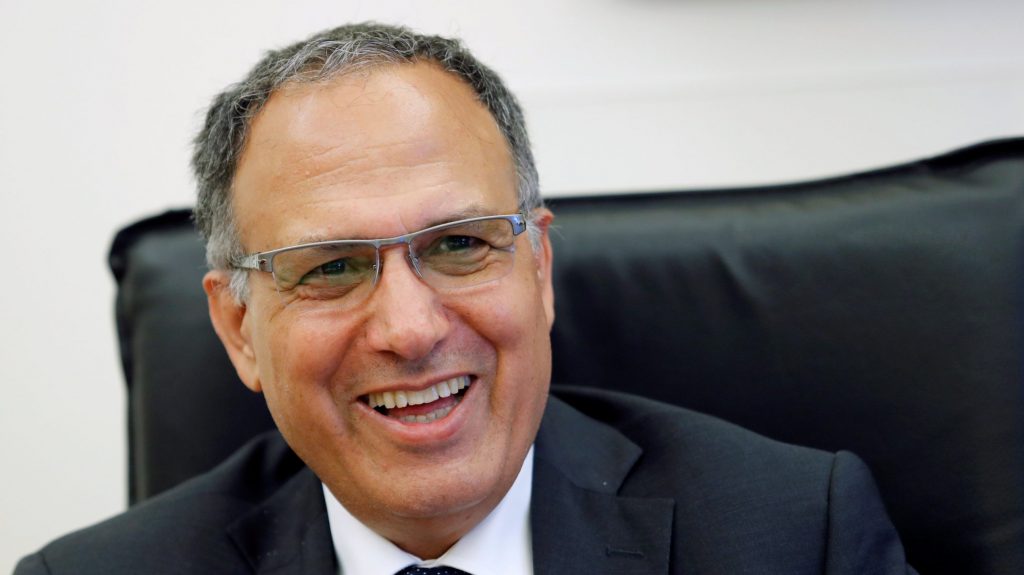The Vatican's financial watchdog agency said that in 2020 more financial transactions were flagged as suspicious by Vatican offices, but after investigation it did not have to suspend any transactions or freeze any accounts.
The 2020 annual report of the Supervisory and Financial Information Authority, published July 15, said it received 89 suspicious activity reports, 85 of which came from the Institute for the Works of Religion, commonly called the Vatican bank. In 2019, 64 suspicious activity reports were filed.
After reviewing the documents connected to the 89 transactions, the authority submitted 16 reports to the Office of the Promoter of Justice of Vatican City State for potential criminal investigation, the report said.
"Most potential financial crimes involve foreign entities or conduct undertaken in, or in connection with, foreign jurisdictions. The main potential predicate offenses are international fraud and embezzlement," the annual report said.
Pope Benedict XVI established the authority in 2010 to bring the Vatican up to international standards in preventing and countering suspected money laundering and the financing of terrorism.
In August 2020, the report said, the office's Financial Intelligence Unit "carried out a structured strategic analysis aimed at providing a picture of two types of financial movements considered to be of greatest interest for the purposes of monitoring potential money laundering or terrorist financing activities: the cross-border transportation of cash and wire transfers with the IOR," the Italian acronym for the Institute for the Works of Religion.
Between 2015 and 2019, the report said, "there was a significant downward trend" in cash and wire transfers into the Vatican and "only a negligible share" of those transactions originated in territories known as "tax havens" or countries at high risk for money laundering or terrorism financing. Outflows to tax havens or high-risk countries were evaluated as being "very low."
In addition to continued training of Vatican employees who deal with financial transactions and the fine-tuning of questionnaires meant to help them determine whether a transaction is suspicious, the general trend away from cash transactions in favor of wire transfers has made it easier to track and verify them, the report said.

